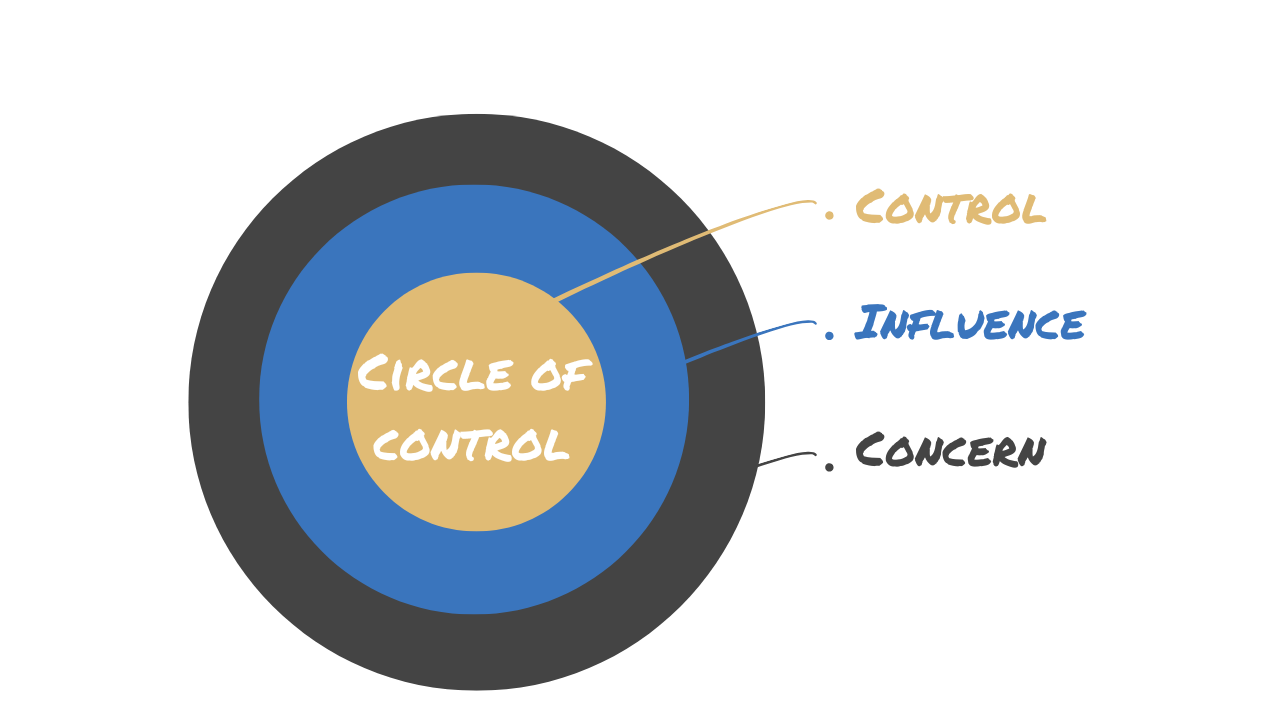Write your awesome label here.
Why Overthinking Keeps You Stuck
For years, I thought if I just thought long enough, I could solve my problems. But the reality is the more time you spend thinking, the less time you spend doing something about it. The only way to quiet the endless loops in your head is through action. Decisions, even imperfect ones, create progress. And progress calms the storm inside your mind.
Trap #1: Rumination
Rumination is when you keep replaying the past in your head. It could be what you said, what went wrong, or what you wish you could change. I used to dwell on past conversations and relationships, wishing I could rewrite them. But the past is unchangeable.
What helped me make a mindset shift was to start asking a different question: “What lesson can I take from this?” Instead of looping, I started turning rumination into reflection. If I could learn from it, I could make better choices in the future.
The key is mindfulness. You can’t always stop rumination from starting, but what you can do is notice when it shows up. This enables you to short circuit the amount of time you would have spent ruminating, because now you are aware of the rumination. When I catch myself getting stuck in negative thought loops, I immediately move my body, switch tasks, or redirect my attention. It’s about creating a pattern interrupt that brings me back to the present moment.
Trap #2: Worry
Worry is like the close cousin of rumination, but instead of living in the past, it lives in the future. For me, worry showed up most when I thought about money and security. Even when I was progressing in life, I’d still feel anxious about finances. The truth is, worrying never solves anything, it just leaves you restless.
What changed my relationship with worry was learning about the “circle of control.”
- Circle of Control: the things you can directly act on
- Circle of Control: the things you can directly act on
- Circle of Influence: the things you can affect, but not control
- Circle of Concern: everything outside your control

A lot of our worries live in that outer circle, the one we can’t do anything about. When I realized that, I started asking myself, “Is this in my control, or not?” If not, I let it go. If it was in my control, I made an effort to act on it. Taking action and building momentum is the remedy to worry because you’re helping your brain to refocus its attention towards seeing progress, instead of staying stuck in a mental state of anxiety-inducing thoughts. Progress is the antidote to worry.
Enjoying the Read?
Weekly Mindset Newsletter
Get personal stories, decision-making strategies, and mental frameworks to help you stop overthinking, build self awareness, and live with more clarity.
Thank you!
Trap #3: Overanalyzing
This one used to paralyze me the most. Whether it was big life choices or small daily ones, I’d get stuck in analysis paralysis. I’ve always been a perfectionist so I would keep searching for an optimal decision. But here’s the hard truth: perfect decisions don’t exist.
What helped me was reframing progress as more important than perfection. I learned to take baby steps, make a decision, and then adjust as I went. Instead of obsessing over every possible outcome, I narrowed it down to the top three most likely scenarios and acted from there. Then, I would take an iterative approach, where I would refine my decisions and actions along the way.
Decision making isn’t always about knowing the perfect answer. It’s about learning through action. You build the bridge as you walk on it.
Trap #4: Social Anxiety
Social anxiety is its own form of overthinking. I didn’t even realize for a long time that I was overthinking during social situations. It just materialized as feeling awkward, stuck in my head instead of externalising my thoughts. Then after a social event, this could lead back to rumination, where I’d replay how I came across, wonder if people were judging me, or why I felt like an imposter in certain settings..
I noticed that social anxiety is often dependent on the environment. With close friends, I felt comfortable. In large settings with people I didn’t know, I felt out of place. So, I started preparing myself before the events.
Here’s what helped:
- Move your body: Working out before a social event boosted my mood and confidence.
- Prime your mind: Watching something lighthearted, like comedy or videos on charisma, shifted me into a playful state.
- Warm up socially: Talking to a few people beforehand got me into flow.
- Ground yourself in good intentions: I reminded myself that my goal wasn’t to impress, but to connect with curiosity and authenticity. No one can fault you for showing up with genuine intentions.
How to Break Free
Overthinking is a habit, and like any habit, it can be changed. You won’t always be able to eliminate it completely, you’re human after all. I still catch myself overthinking sometimes. But the goal isn’t perfection, it’s progress.
The first step is awareness. Notice which overthinking trap you tend to fall into:
- Rumination means you’re stuck in the past.
- Worry means you’re stuck in the future.
- Overanalyzing means you’re stuck in indecision.
- Social anxiety means you’re stuck in fear of judgment.
The next step is action. Small steps break the loop. The more you practice choosing action over endless thought, the more peace and clarity you gain. One thing that helps is to remind yourself: you can intentionally control your brain, instead of letting it control you.
What I’ve Learned from Overthinking
Overthinking used to consume so much of my life. But I’ve learned that clarity doesn’t come from thinking more; it comes from acting more. And when you start taking action, your subconscious is watching, reinforcing, and shaping who you are. So when you shift your focus from looping thoughts to small, consistent action, you’ll find yourself feeling lighter, calmer, and more confident.
Sincerely,
Dexter Lam

Do you want to level up and change your life Trajectory?
We're launching our course on Emotional Intelligence
Thank you!

